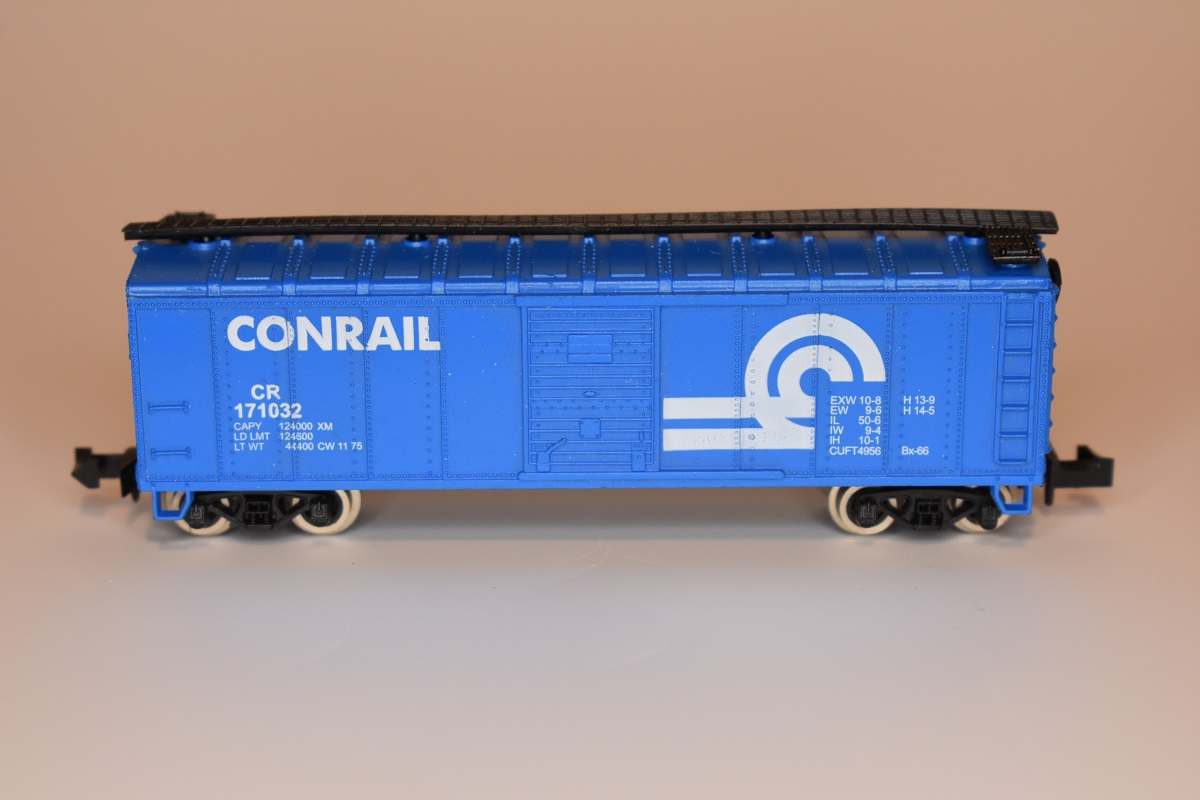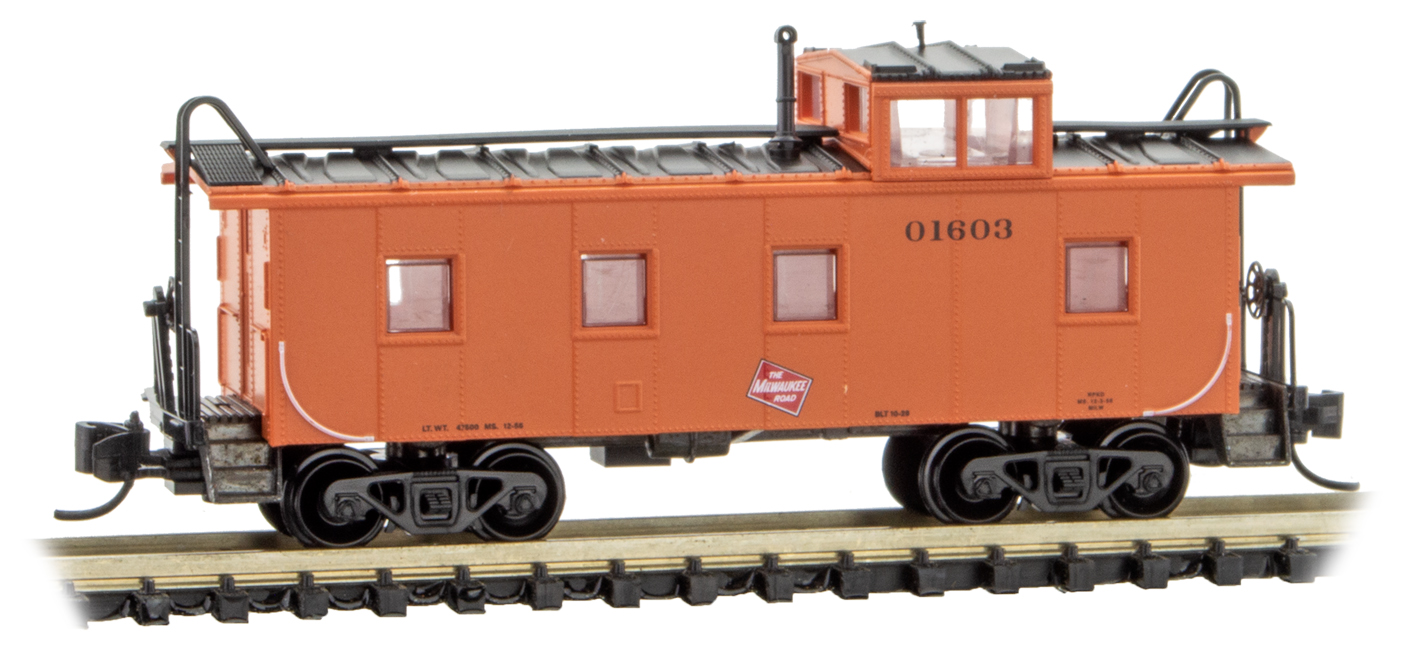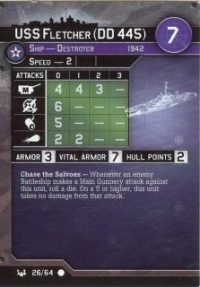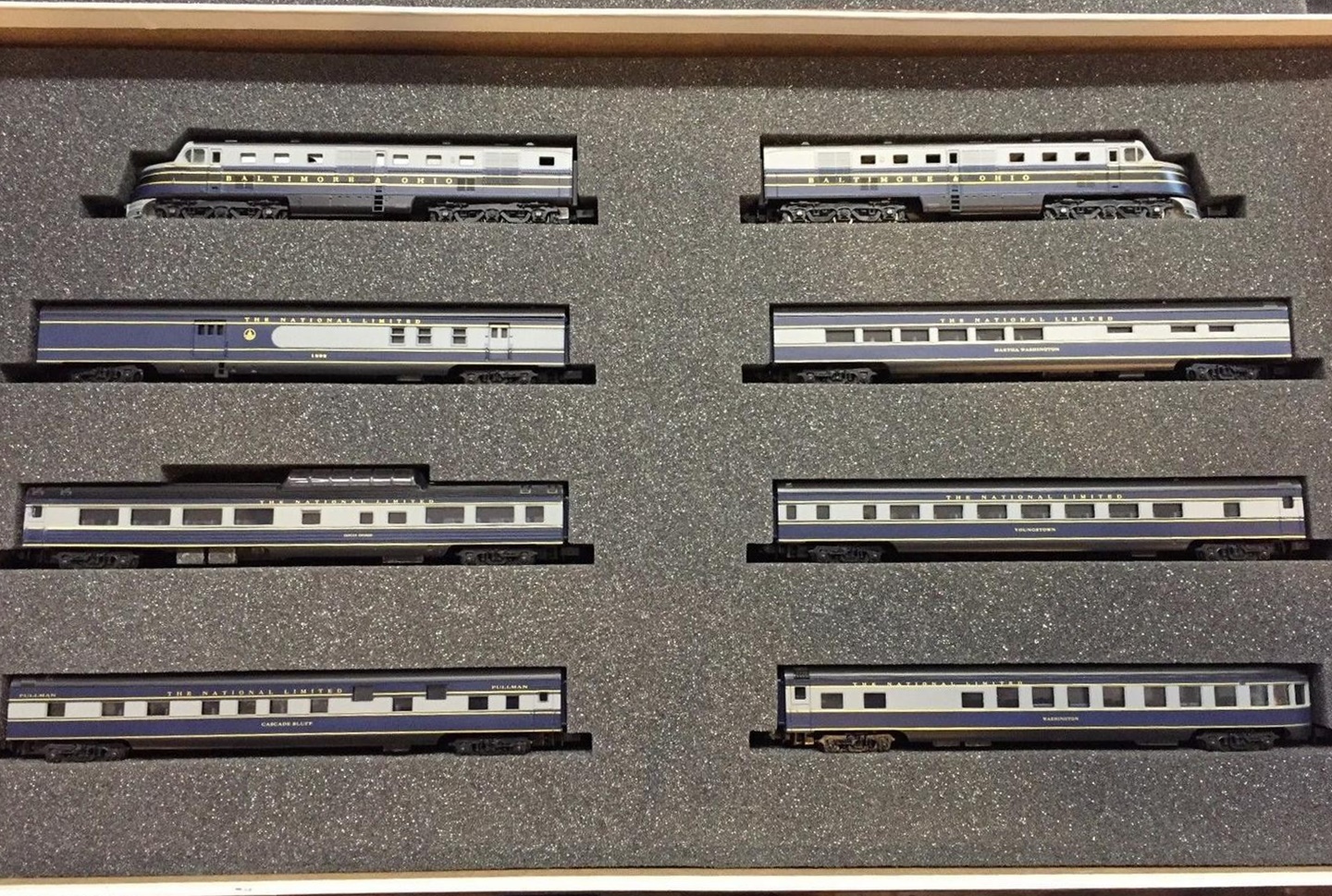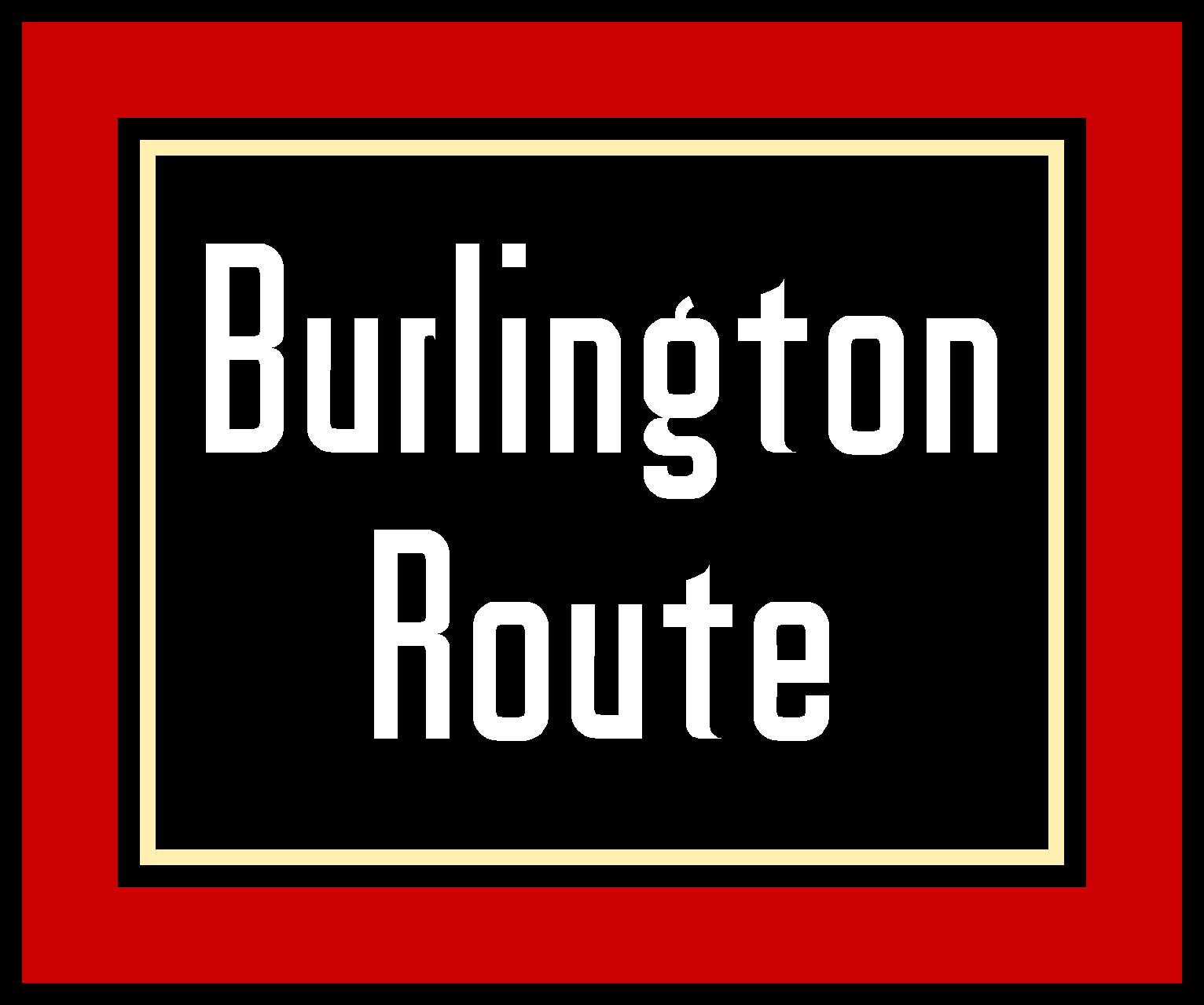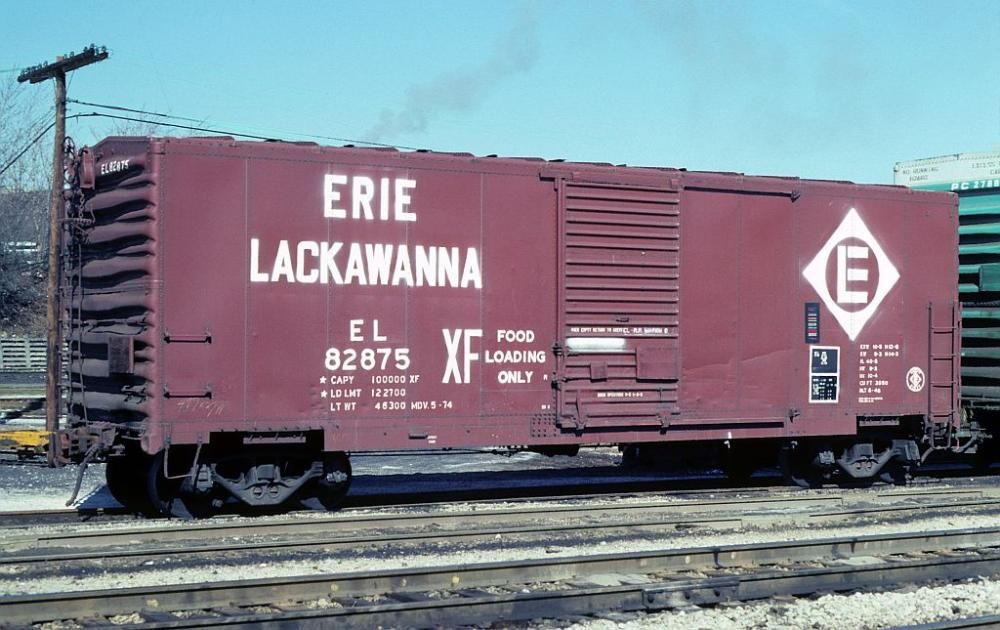Specific Item Information: Also Model Power 3439 (same road name, but boxcar red paint color)
Model Information: Mehano first produced this car for MRC. It is a direct knock-off of the Rivarossi-made steel boxcar, inspired from the PRR X-29 prototype. It purportedly designed by Atlas to replace the Rivarossi model (labor costs in Italy?), but Atlas never actually ordered any to be made once the design was completed by Mehano. I am not confident this is true as the oldest versions of this car that I have seen are stamped 'MRC Yugoslavia' which implies the mold was designed for MRC and not Atlas. It was later imported by Life-Like, Model Power and AHM. It carries nickel-silver plated wheels and Rapido couplers. It is a typical 1st gen rolling stock model with low-quality pad printing (at least for the older models) and a simple mold.
Model Power later re-ran their Mehano-made models in China, using the same roadnames and numbers and the same stock number. The main differences between the Mehano and the Chinese molds can be observed on the door and the sill of the underframe; the Mehano is also slightly lower in height. The best way to distinguish them remains however the marking on the under-frame (Yugoslavia or Hong-Kong)
Model Power later re-ran their Mehano-made models in China, using the same roadnames and numbers and the same stock number. The main differences between the Mehano and the Chinese molds can be observed on the door and the sill of the underframe; the Mehano is also slightly lower in height. The best way to distinguish them remains however the marking on the under-frame (Yugoslavia or Hong-Kong)
Prototype History: Steel boxcars became a common site in the post-WWII period (also known as the transition era). Steel construction resulted in a lighter, lower-maintenance car that was less expensive to acquire and operate. The economies of scale that happened during the war along with a cessation of orders from the military resulted in a plentiful, inexpensive source of metal and aluminum for the railcar manufacturers which in turn led a complete replacement of the aging wood-sheathed fleets with new steel cars.
Road Name History: The Consolidated Rail Corporation, commonly known as Conrail (reporting mark CR), was the primary Class I railroad in the Northeast U.S. between 1976 and 1999. Conrail is a portmanteau of "consolidated" and "rail" from the name of the company.
The U.S. federal government created Conrail to take over the potentially profitable lines of multiple bankrupt carriers, including the Penn Central Transportation Company and Erie Lackawanna Railway. With the benefit of industry-wide regulatory requirements being reduced (via the 4R Act and the Staggers Act), Conrail began to turn a profit in the 1980s and was turned over to private investors in 1987. The two remaining Class I railroads in the East, CSX Transportation and the Norfolk Southern Railway (NS), agreed in 1997 to split the system approximately equally, returning rail freight competition to the Northeast by essentially undoing the 1968 merger of the Pennsylvania Railroad and New York Central Railroad that created Penn Central. Following Surface Transportation Board approval, CSX and NS took control in August 1998, and on June 1, 1999, began operating their portions of Conrail.
The U.S. federal government created Conrail to take over the potentially profitable lines of multiple bankrupt carriers, including the Penn Central Transportation Company and Erie Lackawanna Railway. With the benefit of industry-wide regulatory requirements being reduced (via the 4R Act and the Staggers Act), Conrail began to turn a profit in the 1980s and was turned over to private investors in 1987. The two remaining Class I railroads in the East, CSX Transportation and the Norfolk Southern Railway (NS), agreed in 1997 to split the system approximately equally, returning rail freight competition to the Northeast by essentially undoing the 1968 merger of the Pennsylvania Railroad and New York Central Railroad that created Penn Central. Following Surface Transportation Board approval, CSX and NS took control in August 1998, and on June 1, 1999, began operating their portions of Conrail.
Brand/Importer Information: In 1952, the company Mehanotehnika was founded in Yugoslavia, which produced and sold metal and plastic products. The name comes from the name of the first puzzle toys the company made. In June 1953 production started in its own factory.
In 1959 production was moved to a new large production hall in Izola (now in Slovenia). In 1962 a new factory was opened in Materija. In 1971, the production of children's toys was moved to the factory in Materija. Besides under their own name, Mehano trains were often sold under the client's brand name such as Atlas, AHM, Life-Like, Tempo, Tibidabo and Model Power.
In 1990 the company changed its name to Mehano. In 2004 it was acquired by LIVE. In 2010 a new product line for children was launched under the name My First Train. Nevertheless, in 2012 Mehano became insolvent and was taken over by Lemke in Germany.
In the world of N Scale, Mehano products were produced under contract and imported by several other brand names for use in the US. However, a few models were imported with either "MT", "Mehano" or "Tempo" branding.
In 1959 production was moved to a new large production hall in Izola (now in Slovenia). In 1962 a new factory was opened in Materija. In 1971, the production of children's toys was moved to the factory in Materija. Besides under their own name, Mehano trains were often sold under the client's brand name such as Atlas, AHM, Life-Like, Tempo, Tibidabo and Model Power.
In 1990 the company changed its name to Mehano. In 2004 it was acquired by LIVE. In 2010 a new product line for children was launched under the name My First Train. Nevertheless, in 2012 Mehano became insolvent and was taken over by Lemke in Germany.
In the world of N Scale, Mehano products were produced under contract and imported by several other brand names for use in the US. However, a few models were imported with either "MT", "Mehano" or "Tempo" branding.
Manufacturer Information: Mehano is a Slovenian toy manufacturer located in Izola, Slovenija. The company was founded as Mehanotehnika and was producing toys starting in June 1953. They first exhibited at the Nuerenberg Toy Fair in 1959. Mehano produced a number of different locomotives and rolling stock models for the North American market in the 1960s and 1970s. Companies such as Atlas and Life-Like imported a huge variety of their products. Generally they can easily be recognized as they are stamped "Yugosolavia" on the underframe. The company was formally renamed "Mehano" in 1990. Izola today is part of the country of Slovenia since the breakup of Yugoslavia.
Mehano filed for bankruptcy in 2008, but still continued to exist and operate. Since 2012, Mehano products are distributed by Lemke.
Mehano filed for bankruptcy in 2008, but still continued to exist and operate. Since 2012, Mehano products are distributed by Lemke.
Item created by: Alain LM on 2023-05-20 04:02:54
If you see errors or missing data in this entry, please feel free to log in and edit it. Anyone with a Gmail account can log in instantly.
If you see errors or missing data in this entry, please feel free to log in and edit it. Anyone with a Gmail account can log in instantly.


